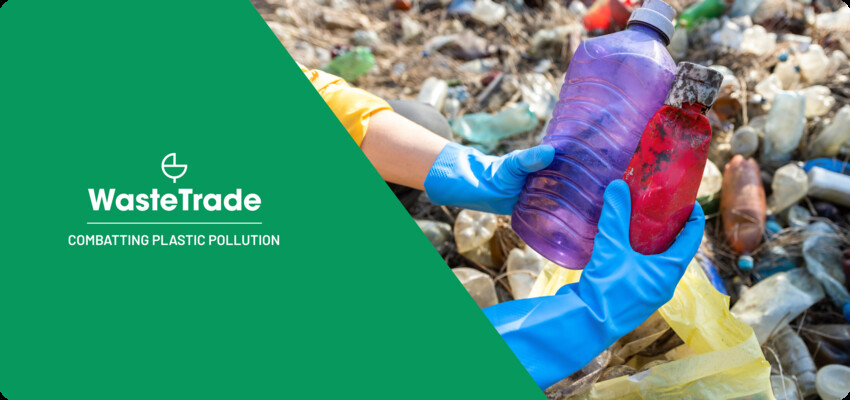Plastik Kirliliği ile Mücadele

In today’s world, addressing plastic pollution is a critical priority for global sustainability efforts. The ongoing impact of plastic pollution poses a severe threat to our environment, prompting increased focus on reducing plastic waste and promoting sustainable practices. This article explores the urgent issue of plastic pollution and strategies for reducing and recycling plastics to build a more sustainable future. Discover how WasteTrade connects buyers and sellers of waste materials to positively impact the environment.
Plastik Kirliliği

Plastic pollution is a severe environmental issue with devastating effects on marine life and ecosystems. Millions of tonnes of plastic waste enter oceans yearly, threatening sea turtles, seabirds, and dolphins. These animals often ingest plastic, leading to harm or death. Additionally, breaking down plastic waste releases harmful chemicals and microplastics into the water, damaging marine habitats and potentially entering the food chain.
Global efforts to address plastic pollution are gaining momentum, with governments, businesses, and individuals taking steps to reduce plastic waste and promote sustainability. Banning single-use plastic products, promoting recycling, and supporting beach clean-up initiatives are part of these efforts. Developing biodegradable plastics and sustainable packaging options also helps reduce the environmental impact. Collective action and a shift towards sustainability are crucial to protecting oceans and preserving the planet for future generations.
Plastikte Sürdürülebilirlik

Plastics play an integral role in daily life, from packaging to construction. However, the environmental impact of plastic waste has led to a push for more sustainable practices. Reducing single-use plastics, encouraging recycling, and promoting biodegradable alternatives are gaining momentum. Initiatives like banning plastic straws and introducing refillable packaging help combat plastic pollution and shift towards sustainability.
Innovation drives sustainability in the plastics industry. Researchers are developing recyclable, compostable, and renewable-source plastics. Technologies such as chemical recycling and biodegradable additives address the challenges of traditional plastic production. Public awareness campaigns and education programmes inform the public about reducing plastic consumption and managing plastic waste properly. A holistic approach to sustainability in plastics fosters a cleaner environment and a circular economy.
Plastik Atıkların Azaltılması
Reducing plastic waste is crucial due to its environmental impact. Promoting reusable alternatives like stainless steel water bottles, cloth shopping bags, and glass storage containers can significantly reduce single-use plastics. These small lifestyle changes help reduce plastic waste in landfills and oceans.
Governments and businesses are essential in reducing plastic waste by implementing policies and practices that promote recycling, plastic alternatives, and waste reduction. This includes banning single-use plastics, incentivising eco-friendly practices, and investing in recycling infrastructure. Collaboration at community and national levels creates a sustainable future and reduces the environmental impact of plastic waste.
Plastiklerin Geri Dönüşümü
Recycling plastics is vital for reducing environmental pollution and conserving natural resources. In the UK, increasing awareness about the environmental impact of plastic waste has led to more recycling initiatives. Recycling plastics reduces the waste that ends up in landfills or oceans, posing a threat to marine life. It also saves energy and reduces greenhouse gas emissions from producing new plastic products from raw materials.
The recycling process involves collecting, sorting, cleaning, and processing used plastic items, then melting them to create new products. This cycle closes the loop on plastic production and consumption, making it more sustainable. By participating in recycling efforts, individuals contribute to a cleaner environment and a sustainable future.
